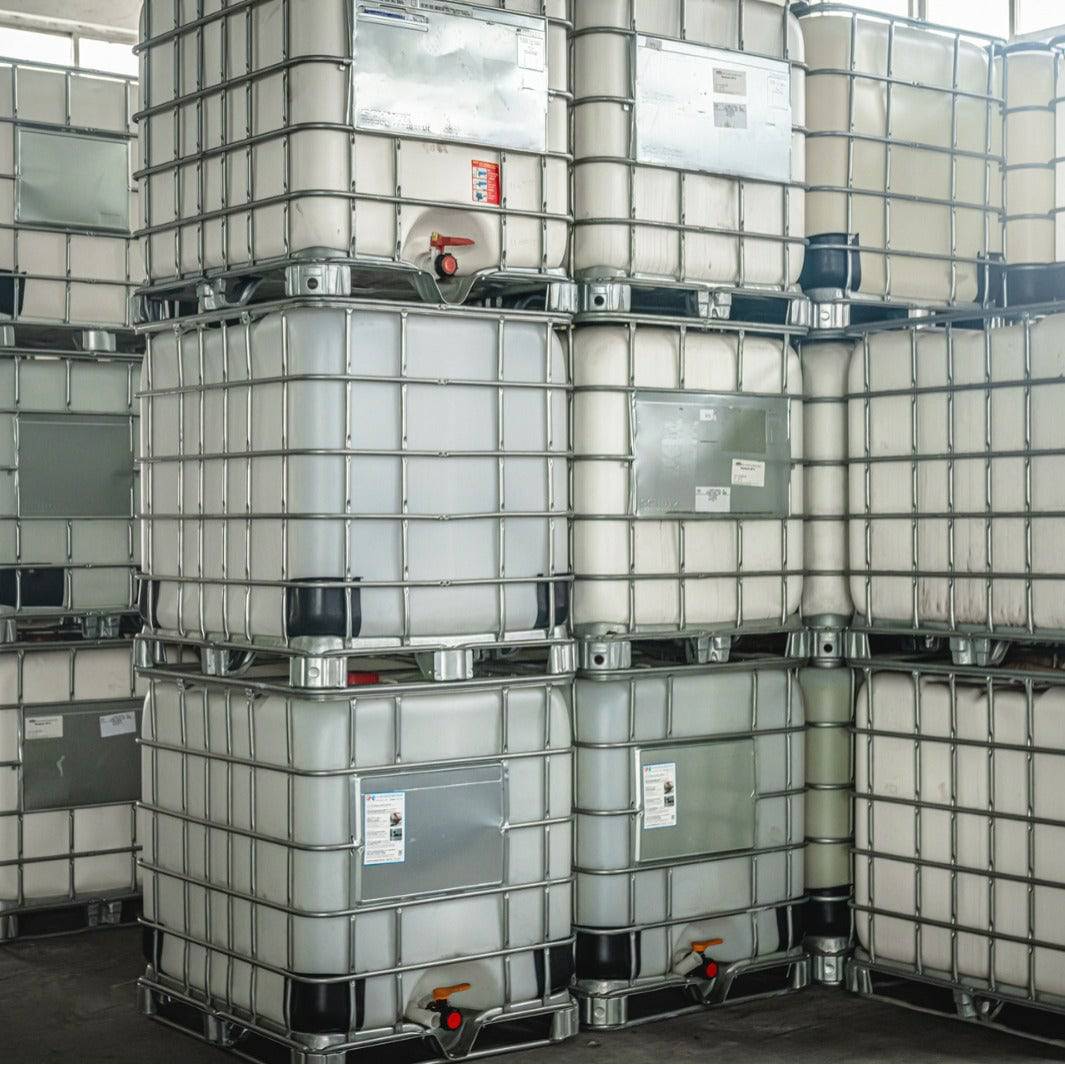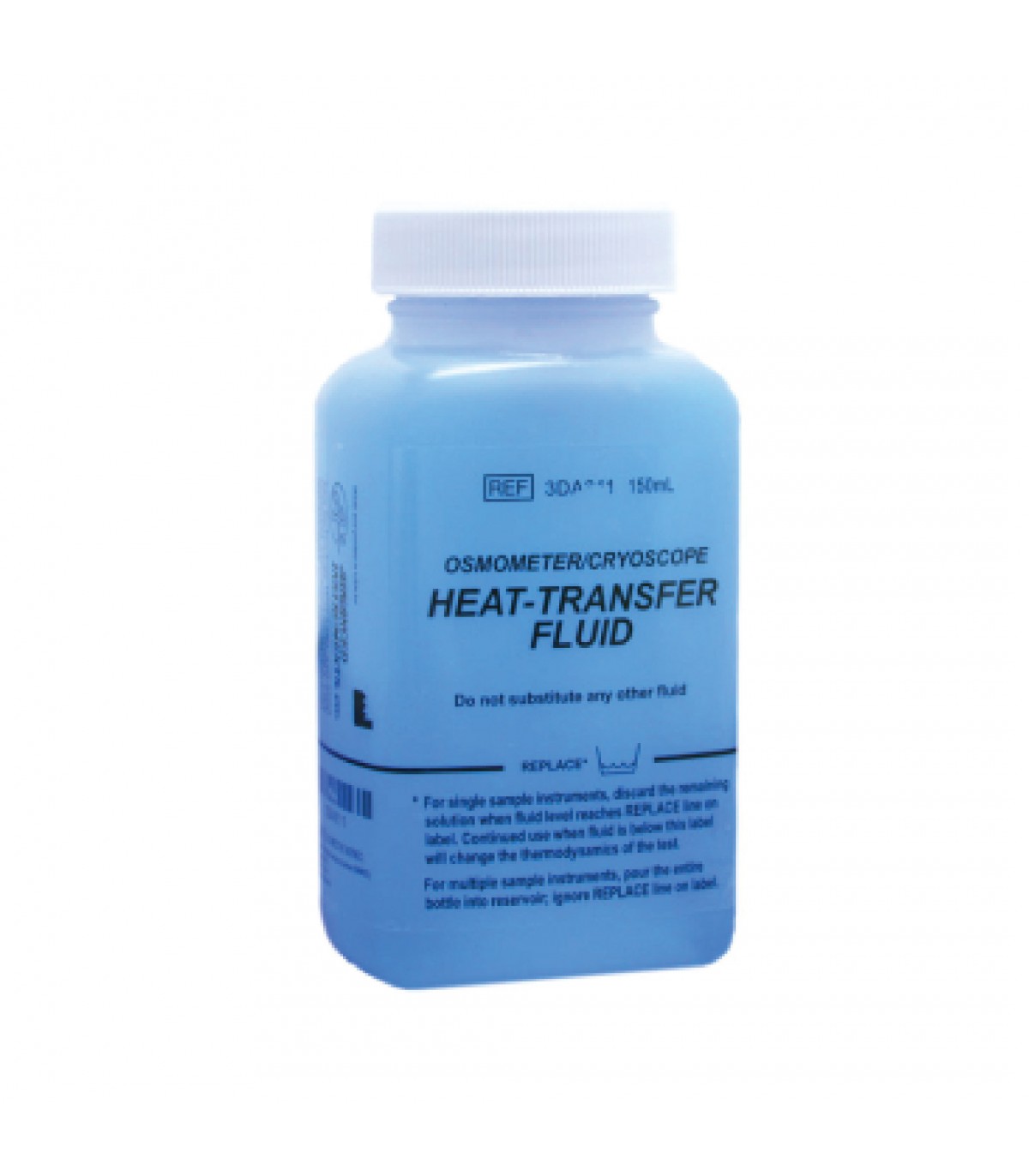The Importance of Thermal Security in Heat Transfer Fluid Option
The Importance of Thermal Security in Heat Transfer Fluid Option
Blog Article
Exactly How Heat Transfer Liquid Adds To Lasting and Cost-efficient Workflow
In the modern industrial landscape, the function of warmth transfer liquids (HTFs) in promoting lasting and cost-efficient procedures can not be overstated. These liquids are essential in maximizing thermal monitoring systems, therefore dramatically boosting energy effectiveness and minimizing functional expenses. heat transfer fluid. The ecological benefits of innovative HTFs, with their high thermal stability and reduced poisoning, are obvious.
Comprehending Warm Transfer Liquids
In the realm of thermal monitoring, warm transfer liquids (HTFs) offer as essential representatives for transferring thermal power from one area to an additional. These fluids play an essential role in various industrial applications, consisting of chemical processing, power generation, and Heating and cooling systems.
The make-up of warm transfer liquids can differ dramatically, consisting of options such as mineral oils, artificial oils, glycols, and molten salts. Each type provides distinct advantages, such as enhanced thermal stability, low viscosity, and high boiling points, which are picked based upon details functional requirements. The selection of HTF effects not just the effectiveness of heat transfer however also the durability and safety of the system in which it is used.
As sectors remain to introduce, the development of sophisticated HTFs, identified by their enhanced thermal conductivity and lowered ecological effect, is vital for fulfilling the needs of modern thermal administration difficulties.

Enhancing Power Performance

Improving energy efficiency has actually become a paramount concern throughout different markets, triggering a better examination of heat transfer liquids' duty in optimizing thermal administration systems. These liquids are essential to maintaining the desired temperature level in processes, thus reducing energy waste and improving general system performance. By selecting an ideal warmth transfer fluid, sectors can significantly boost their energy efficiency, leading to minimized energy intake.

Advanced solutions of warm transfer fluids have been developed to withstand severe temperature levels while maintaining stability and efficiency. Improving link energy performance through ideal warmth transfer fluid option is not only a technological necessity but additionally an ecological crucial.
Lowering Operational Prices
Functional prices are a significant factor to consider for markets looking for to preserve affordable benefit, and the choice of warmth transfer fluid plays an important role in cost administration. Choosing an appropriate heat transfer fluid can bring about significant expense financial savings by improving system performance and decreasing energy consumption. High-performance liquids lessen thermal destruction, which consequently minimizes the regularity of fluid replacement and downtime connected with maintenance, therefore decreasing operational expenditures.
In addition, warm transfer liquids with exceptional thermal security and corrosion resistance extend the life expectancy of tools. This decreases the need for frequent repair services and substitutes, which can be costly and disruptive to operations. By investing in high-grade liquids, sectors can achieve long-lasting reductions in upkeep prices and improve the reliability of their systems.
Furthermore, advanced warmth transfer liquids commonly show lower viscosity at operating temperatures, which improves pump performance and minimizes energy use in fluid blood circulation. This optimization of power usage directly equates right into lowered operational prices. Additionally, lots of contemporary heat transfer fluids are crafted to run effectively over a wide temperature array, lowering the requirement for multiple fluid types, consequently streamlining stock demands and minimizing associated prices. These aspects collectively contribute to more lasting and cost-efficient procedures.
Ecological Influence Decrease
The push in the direction of reducing environmental influence has acquired energy in markets leveraging warm transfer liquids. Heat transfer fluids (HTFs) play a vital duty in this shift, providing possibilities to enhance energy efficiency and decrease exhausts - heat transfer fluid.
Moreover, the use of advanced heat transfer fluids adds to enhanced system efficiency, minimizing the total energy consumption. This decrease not just causes price savings but additionally lowers carbon dioxide emissions, aiding in the battle versus climate modification. Fluids that are naturally degradable and recyclable further boost sustainability efforts, as they reduce waste and promote round economy techniques.
Furthermore, including HTFs into closed-loop try this systems stops fluid loss and contamination of the surrounding setting. This method makes certain that fluids are reused, lowering the demand for brand-new sources and limiting waste generation. basics By embracing these ecologically mindful strategies, markets can substantially decrease their environmental impact while maintaining high operational effectiveness, lining up with global sustainability objectives and governing requirements.
Choosing the Right HTF
Picking the appropriate warm transfer liquid (HTF) is an essential step in progressing environmental sustainability within commercial procedures - heat transfer fluid. An excellent HTF must possess a high thermal ability, reduced thickness, and high thermal conductivity to make sure effective heat transfer.
When selecting an HTF, it is important to consider its compatibility with system products to prevent rust and chemical reactions. This ensures longevity and minimizes maintenance costs. The fluid needs to be safe and naturally degradable, decreasing its eco-friendly footprint and ensuring conformity with ecological guidelines. The lifecycle expense of the HTF, encompassing acquisition, procedure, and disposal, ought to additionally be examined to guarantee financial usefulness.
Verdict

Report this page